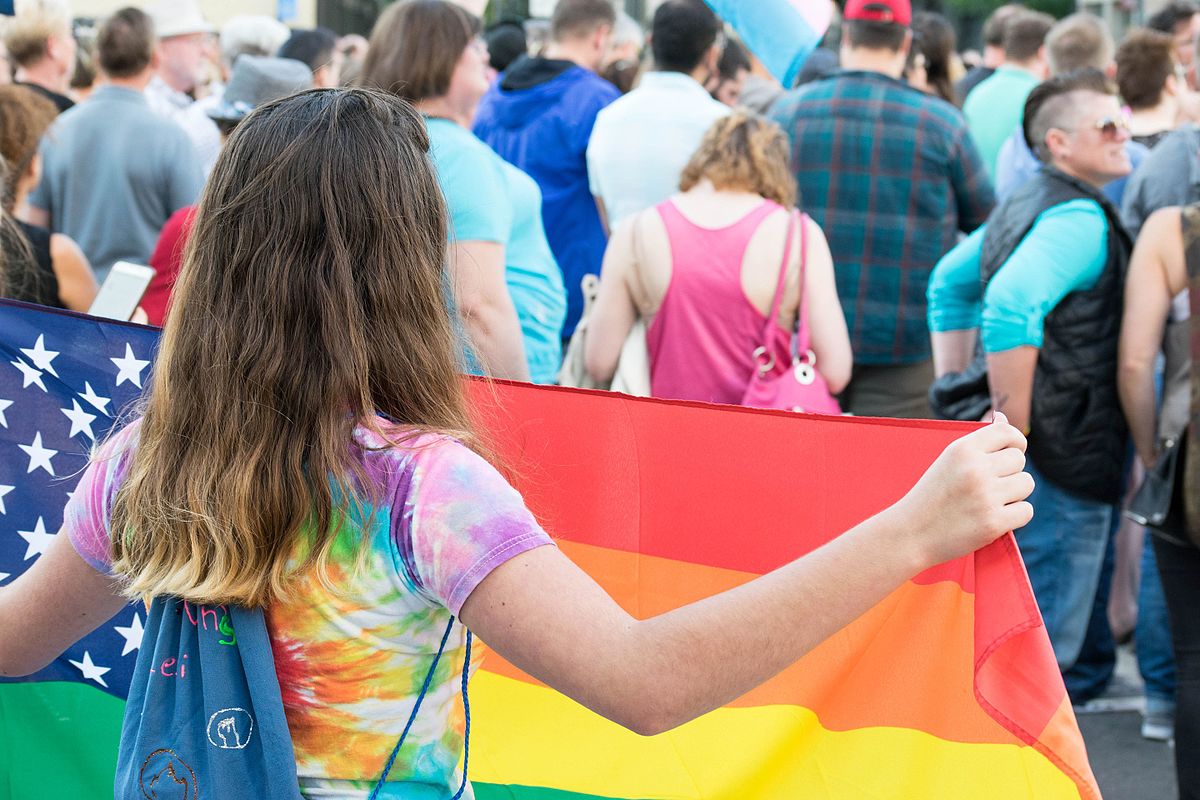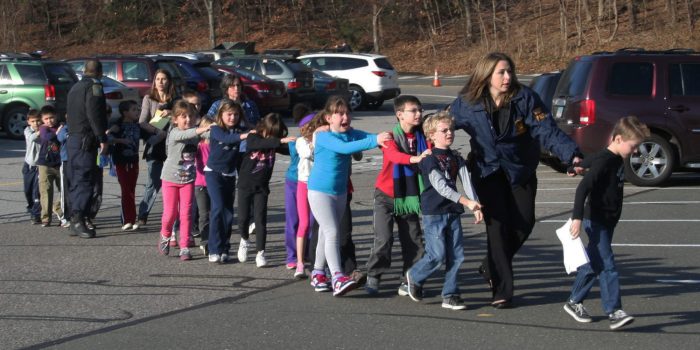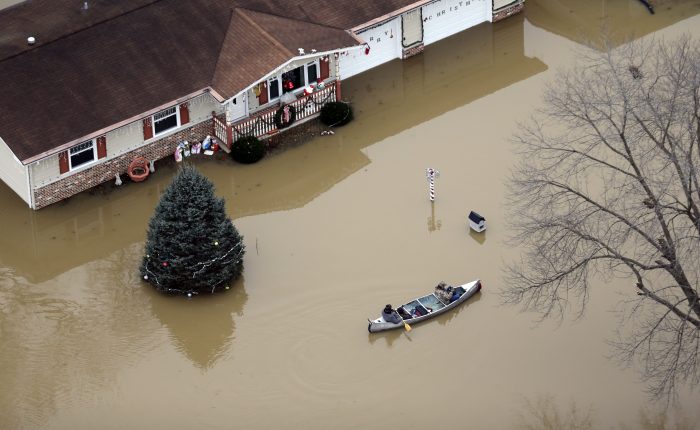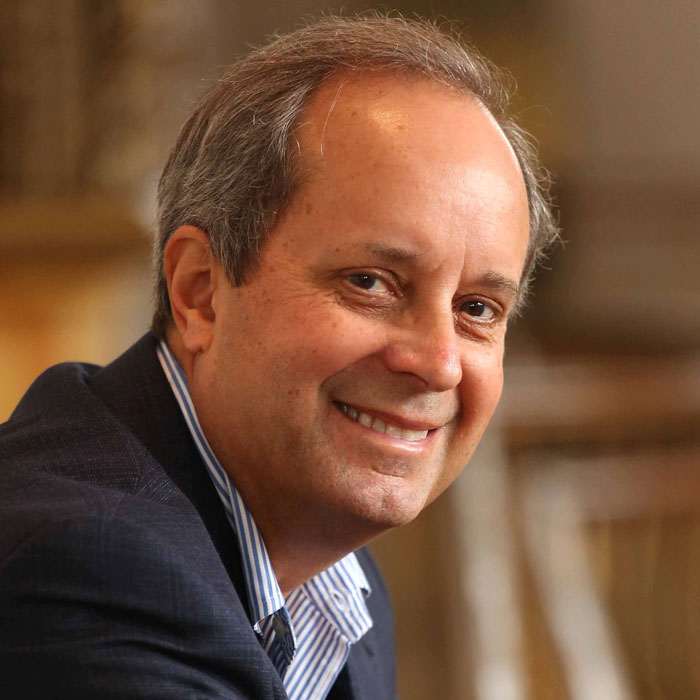Funding Lessons From Orlando
After the horrific shootings in Orlando, Americans responded with an outpouring of sympathy and an impressive display of charitable contributions. While following well-known patterns seen after most major disasters, the response also broke new ground that is important to study. One of the things that impresses me—and always will—is the amazing generosity of Americans after […]


After the horrific shootings in Orlando, Americans responded with an outpouring of sympathy and an impressive display of charitable contributions. While following well-known patterns seen after most major disasters, the response also broke new ground that is important to study.
One of the things that impresses me—and always will—is the amazing generosity of Americans after a disaster. Whether it is a natural or manmade disaster, Americans want to do something and they want to do it now.
Unfortunately, the Orlando event is one of several disasters to hit the United States and the world in the last few months. Thousands of families in Louisiana and Texas have lost their homes to floods in recent months. Migrants continue to die crossing the Mediterranean, and hundreds have been killed in the Syrian refugee crisis.
But as we have seen over and over, contributions to disasters require at least three characteristics to generate big responses: a dramatic event, a large number of deaths, and extensive media coverage. The Orlando shootings had all three. Floods in the United States and refugees overseas are ongoing and complicated to report. Sadly, the donor response hasn’t come close to meeting the overwhelming needs of these crises.
In other ways, the outpouring of Orlando contributions broke new ground that deserves analysis.
For one, it generated unprecedented crowdfunding support. The most prominent effort is the Pulse Victims Fund on GoFundMe, which has a $7 million goal and is close to reaching it. The Pulse Victims Fund was launched by Equality Florida, the state’s lesbian, gay, bisexual, and transgender (LGBT) civil rights organization, working with the National Center for Victims of Crime (NCVC) to distribute the contributions via their National Compassion Fund.
It is important to note that the National Compassion Fund is very specific about where the money will go: to victims’ families, survivors and others in need of support. By being so intentional, the organization hopes to avoid the controversy that has bedeviled past funds over distribution guidelines. It indicates that it:
“…was developed by the National Center for Victims of Crime in partnership with victims and family members from past mass casualty crimes, including those from Sandy Hook, Aurora, Virginia Tech, Oak Creek Temple, NIU, Columbine, and 9/11…to serve donors by honoring their intent and crime victims by distributing donations directly to them, in a fair and transparent way.”
(By the way, Equality Florida wasn’t the only Orlando-related crowdfunding site generating attention. I personally exchanged emails with representatives from two attorney general’s offices investigating claims of legitimacy. According to Inside Philanthropy, “about 150 campaigns have raised money for the victims, and that’s just on GoFundMe.”)
Following the Equality Florida lead, last week, Orlando Mayor Buddy Dyer confirmed that the $7 million raised from the OneOrlando Fund, created by the City of Orlando in conjunction with Strengthen Orlando Inc., would also be distributed directly to family members and survivors of the shootings. According to a New York Times article on the Orlando Fund, “the National Center for Victims of Crime had criticized Orlando’s plan to distribute money via nonprofits, saying that too little money donated in that manner had made its way to victims and their families after similar tragedies.”
Soon after the Mayor’s announcement, Mark Brewer, president and CEO of the Central Florida Community Foundation in Orlando, announced the Better Together Fund. Recognizing the two funds and their different response strategies, he outlined his fund as “…a way to respond to the needs of our community now and in the time ahead.” The Better Together Fund will address short- and long-term priorities including “…underlying causes of this tragic event and other needs we cannot anticipate until we face them.”
For those of us in the disaster philanthropy field, the Orlando experience offers some important lessons.
One, philanthropy leaders need to recognize that there is growing unease about fundraising practices after disasters. Chronicle of Philanthropy Editor Stacy Palmer told the New York Times: “There have been so many scandals we’ve seen after these sorts of situations, so it is a big deal that they’ve bypassed nonprofits because it shows a distrust in how nonprofits are doing things.” Donors are concerned not just with the usual small-time con artists who take advantage of disasters but with funders and nonprofits that use donations in ways that don’t meet donor expectations. This is an important issue that needs to be addressed through better oversight and public feedback channels.
Second, the Orlando experience magnifies the debate over how funds are distributed after a disaster. I’ve long argued that organizations need to be very clear about how they intend to distribute funds, or risk donor disfavor. The Pulse Fund makes it very clear where the money will go and where it won’t. Following a growing trend, much of the money contributed will go directly to survivors and families of victims, using the actuarial approach developed by Ken Feinberg. This approach addresses many issues, but creates new ones as well. CDP has always encouraged a more balanced approach that looks at both immediate response needs but also addresses long-term recovery and rebuilding. The agreement between the City of Orlando and the Central Florida Community Foundation allows for that even though that is not what was planned when they first began working together.
Third, the events in Orlando ought to be a wake-up call to all philanthropists engaged in disaster-related contributions. Donors are willing to contribute and expect to be engaged in how it will be used wisely. The time to begin planning for the next disaster is now. Do you have a plan in place to manage contributions? What will be the purpose of your fund? Who will manage it? Who will make decisions? When you are ready, I encourage you to check out our short Disaster Philanthropy Playbook tip sheet for actions you can take to help your community prepare now.
I’d welcome your thoughts and suggestions on this article and your disaster planning. You can write to me at bob.ottenhoff@disasterphilanthropy.org.
More like this

How Funders Can Plan for the Unthinkable

